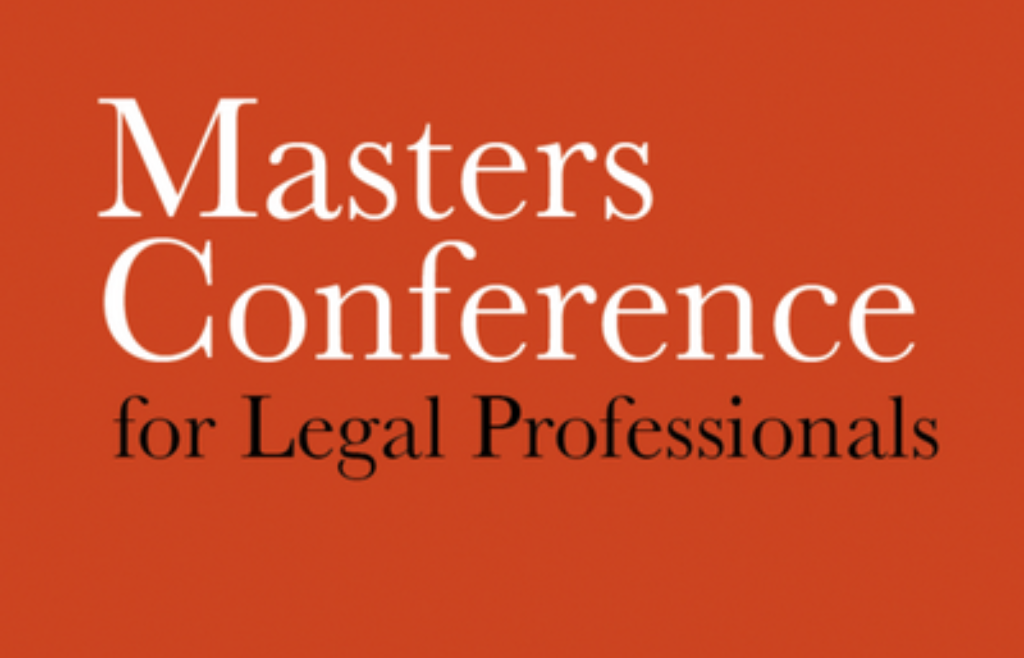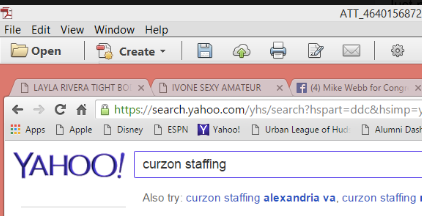Court Orders Non Party to Preserve Some, But Not All, Information Requested by Plaintiff: eDiscovery Case Law

In Swetlic Chiropractic & Rehabilitation Center, Inc. v. Foot Levelers, Inc., et. al., No. 16-236 (S.D. Ohio, Apr. 27, 2016), Ohio Magistrate Judge Elizabeth A. Preston Deavers ruled that the plaintiff had satisfied its burden to demonstrate a real danger that relevant evidence in a non-party’s possession would be destroyed absent a court order and ordered WestFax, the non-party, “to preserve any transmission report or other documents and ESI that identify fax numbers that received Defendants’ advertising faxes.” However, noting that the requested scope of the preservation order “appears overly broad”, she permitted WestFax to file objections to the Order within 14 days if unable to extrajudicially resolve any such objection with the plaintiff.
Case Background
In this case, the plaintiff filed suit, alleging that the defendants sent advertisements to the plaintiff and others in violation of the Telephone Consumer Protection Act (“TCPA”). The plaintiff determined that non-party WestFax could have transmission reports and other electronically stored information (“ESI”) that identify fax numbers that received the defendants’ advertising faxes and asserted a need for this information to establish which recipients are in the proposed class and how many violations of the TCPA occurred.
WestFax indicated to the plaintiff that transmission reports are automatically deleted within sixty to ninety days following each fax broadcast and it would only preserve the evidence with an appropriate Court Order. As a result, the plaintiff sought an Order compelling non-party WestFax to preserve several categories of ESI related to the defendants, including email, databases, logs, application files and fragments, and all email from third party resources (e.g. Hotmail, Yahoo, Gmail, AOL, etc.), directing it to preserve the information through obtaining an “exact mirror (‘bit stream’) image” with regard to online storage, storage devices, stand-alone computers, and network workstations.
Judge’s Ruling
Noting that “Plaintiff has demonstrated that as a result of WestFax’s alleged retention policies, evidence relevant to this action may be destroyed absent a Court Order”, Judge Deavers concluded that “Plaintiff has satisfied its burden to seek a discovery order at this juncture notwithstanding that the parties have not conducted their Rule 26(f) conference.” Given WestFax’s alleged refusal to retain information absent a court order, Judge Deavers found that there is a “lack of any other available remedy.”
However, noting that “it appears that Plaintiff failed to serve the subject Motion on WestFax such that it is unlikely that it has had an opportunity to voice any such objection”, expressing “concerns with the breadth of the information Plaintiff is requesting the Court to order WestFax to preserve” and also with the “exact mirror (‘bit stream’) image” method proposed by the plaintiff, Judge Deavers ruled that the plaintiff had “failed to demonstrate that the requested order would not be unduly burdensome and has further failed to establish that mirror imaging is necessary.” So, Judge Deavers ordered WestFax “to preserve any transmission report or other documents and ESI that identify fax numbers that received Defendants’ advertising faxes”, but permitted WestFax to file objections to the Order within 14 days if unable to extrajudicially resolve any such objection with the plaintiff.
So, what do you think? How far should courts go to order non-parties to preserve potentially responsive ESI? Please share any comments you might have or if you’d like to know more about a particular topic.
Disclaimer: The views represented herein are exclusively the views of the author, and do not necessarily represent the views held by CloudNine. eDiscovery Daily is made available by CloudNine solely for educational purposes to provide general information about general eDiscovery principles and not to provide specific legal advice applicable to any particular circumstance. eDiscovery Daily should not be used as a substitute for competent legal advice from a lawyer you have retained and who has agreed to represent you.








